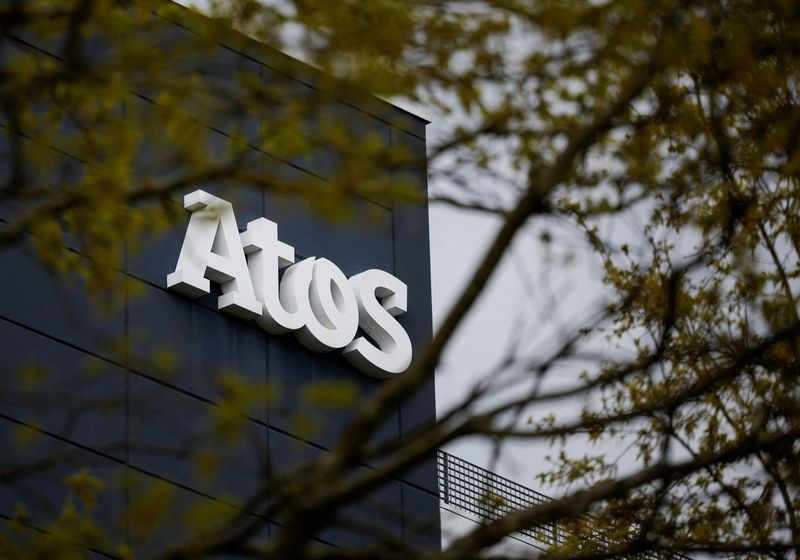
Apple disputed the findings and said the device complies with all regulations governing radiation. — AFP
PARIS: A government watchdog agency in France has ordered Apple to withdraw the iPhone 12 from the French market, saying it emits levels of electromagnetic radiation that are too high.
The National Frequency Agency, which oversees radio-electric frequencies as well as public exposure to electromagnetic radiation, called on Apple in a statement Tuesday (Sept 13) to "implement all available means to rapidly fix this malfunction” for phones already being used.
Corrective updates to the iPhone 12 will be monitored by the agency, and if they don't work, "Apple will have to recall” phones that have already been sold, according to the French regulator’s statement.
Apple disputed the findings and said the device complies with all regulations governing radiation.
The agency, which is known by the French acronym ANFR, said it recently checked 141 cellphones, including the iPhone 12, for electromagnetic waves capable of being absorbed by the body.
It said it found a level of electromagnetic energy absorption of 5.74 watts per kilogram during tests of a phone in a hand or a pocket, higher than the European Union standard of 4 watts per kilogram.
The agency said the iPhone 12 met the threshold when radiation levels were assessed for a phone kept in a jacket or in a bag.
Apple said the iPhone 12, which was released in late 2020, has been certified by multiple international bodies and complies with all applicable regulations and standards for radiation around the world.
The US tech company said it has provided the French agency with multiple lab results carried out both by the company and third-party labs proving the phone's compliance.
Cellphones have been labelled as "possible” carcinogens by the World Health Organization’s cancer research arm, putting them in the same category as coffee, diesel fumes and the pesticide DDT. The radiation produced by cellphones cannot directly damage DNA and is different from stronger types of radiation like X-rays or ultraviolet light.
In 2018, two US government studies that bombarded mice and rats with cellphone radiation found a weak link to some heart tumours, but federal regulators and scientists said it was still safe to use the devices. Scientists said those findings didn’t reflect how most people use their cellphones and that the animal findings didn’t translate into a similar concern for humans.
Among the largest studies on potential dangers of cellphone use, a 2010 analysis in 13 countries found little or no risk of brain tumours.
People’s mobile phone habits also have changed substantially since the first studies began and it’s unclear if the results of previous research would still apply today.
Since many tumours take years to develop, experts say it’s difficult to conclude that cellphones have no long-term health risks. Experts have recommended that people concerned about their cellphone radiation exposure use earphones or switch to texting. – AP









































